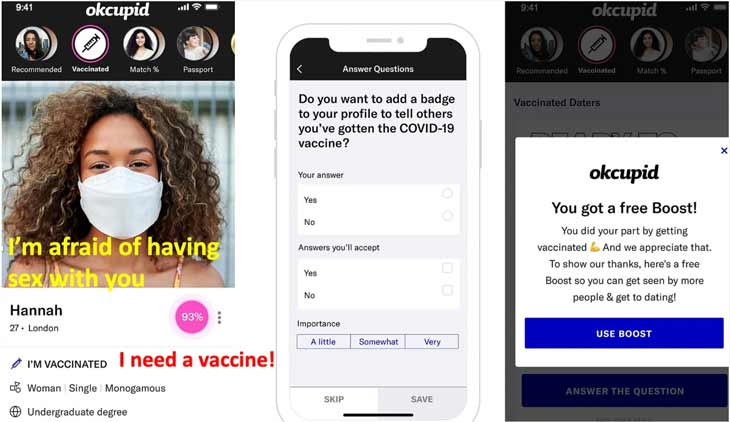[ad_1]

by Jo Anne Preston, author of “Lead the Way in Five Minutes a Day: Sparking High Performance in Yourself and Your Team“
Is there an underlying tension when you speak to employees? Do you get the feeling coworkers don’t take you seriously as a leader? Can you recall a conversation in which your employee seemed to shut down and glaze over? It doesn’t mean you’re an incompetent leader. In fact, more often than you’d probably guess, it’s that you’re using the wrong words.
Most of us underestimate the power of words. I believe in order to help people feel respected, dignified, and successful, leaders need to pay close attention, not just to what we say but also how we say it.
Some words set us up to be misunderstood. Others shut people down, make them feel excluded, and even make them dislike us.
The idea is to think intentionally about whether our words work for or against our employees’ needs. A small shift in your speaking habits can make a big difference.
When managing a variety of people, it can be difficult to consider your every word, but being intentional about prioritizing openness and understanding can make you a well-respected leader. That said, here are a few words leaders should avoid (or at least minimize):
Subordinate.
This word can be a quick and easy way to distinguish between those in a managerial role and those who answer to them, but, more commonly, it can make employees feel degraded, less important, and inferior. Consider instead: “my team,” “direct reports,” and “frontline employees” to increase unity in the workplace.
LDI, HRSA, HIT (really, any acronym).
We’ve all used them at some point without a second thought, but it is not safe to assume that every employee is familiar with their meanings. Employees may feel foolish if they have to ask, and when questions go unasked, we don’t speed up at all.
Simply say it how you write it — with the spelled-out version followed by the acronym, at least the first time.
Manager.
(Say “leader” instead.) What’s the difference? Many of us use these terms interchangeably, but here’s my own experience with this discrepancy. An employee who was not a manager asked me if I thought non-managers could be leaders in their role, and of course I said yes. The words I was using made him feel that he couldn’t be a leader if he was not a manager.
The solution? Simply name the person you are referring to. If not everyone is a manager, then say “leaders.”
I’m a perfectionist.
Everyone has either said it themselves or heard it, but what employees hear is that you expect them to be perfect too. Rather, strive for excellence, not perfection. Employees should be able to openly discuss their mistakes without fear of ridicule or too-high expectations.
I/me.
When you are invested and passionate about your work, it is too easy to slip into using “I”/“me.” Simply change it to the plural, more inclusive “we”/“us” instead, once again increasing unity in the workplace.
The girls.
Referring to a department made up of all women as ‘the girls’ will be offensive to most grown women. Managers may not always intend for it to be belittling, but it often feels that way. There are better options. Consider ‘the team.’
You guys.
Another phrase, often uttered without a second thought, that refers to only about half the population. Like “the girls,” it may be hard to see why this matters if you are not the one feeling left out or having to adapt to a description that doesn’t include you. More inclusive language like “everyone,” “folks,” or “y’all” are better options to get a group’s attention.
Blah, blah, blah.
Okay, this one isn’t a word, per se, but rather how you come across when you use buzzwords, jargon, or language you think makes you sound smart. It’s easy to lose people when you do this. Watch your language to make sure you are not overdoing it, and watch your listener for any glazed-over looks or signs of distraction.
Of course, this is far from an exhaustive list. But this sampling of words shows how easy it is for leaders to get in their own way.
Choosing inclusive phrases and using words that lift people up rather than subtly diminishing them goes a long way toward making people like, respect, and listen to you.
Most people agree that actions speak louder than words — but that does not mean words don’t have an influence. They do. Pay attention to how you come across and be sensitive to the feelings of others. You may find that this impacts people’s outlook and their work ethic to a surprising degree.

Jo Anne Preston is the workforce and organizational development senior manager at the Rural Wisconsin Health Cooperative, where she brings over four decades of her healthcare leadership experience to designing and delivering leadership and employee education for rural healthcare throughout Wisconsin and the U.S. She is the author of “Lead the Way in Five Minutes a Day: Sparking High Performance in Yourself and Your Team“, and writes a monthly leadership blog.
[ad_2]
Source link





















